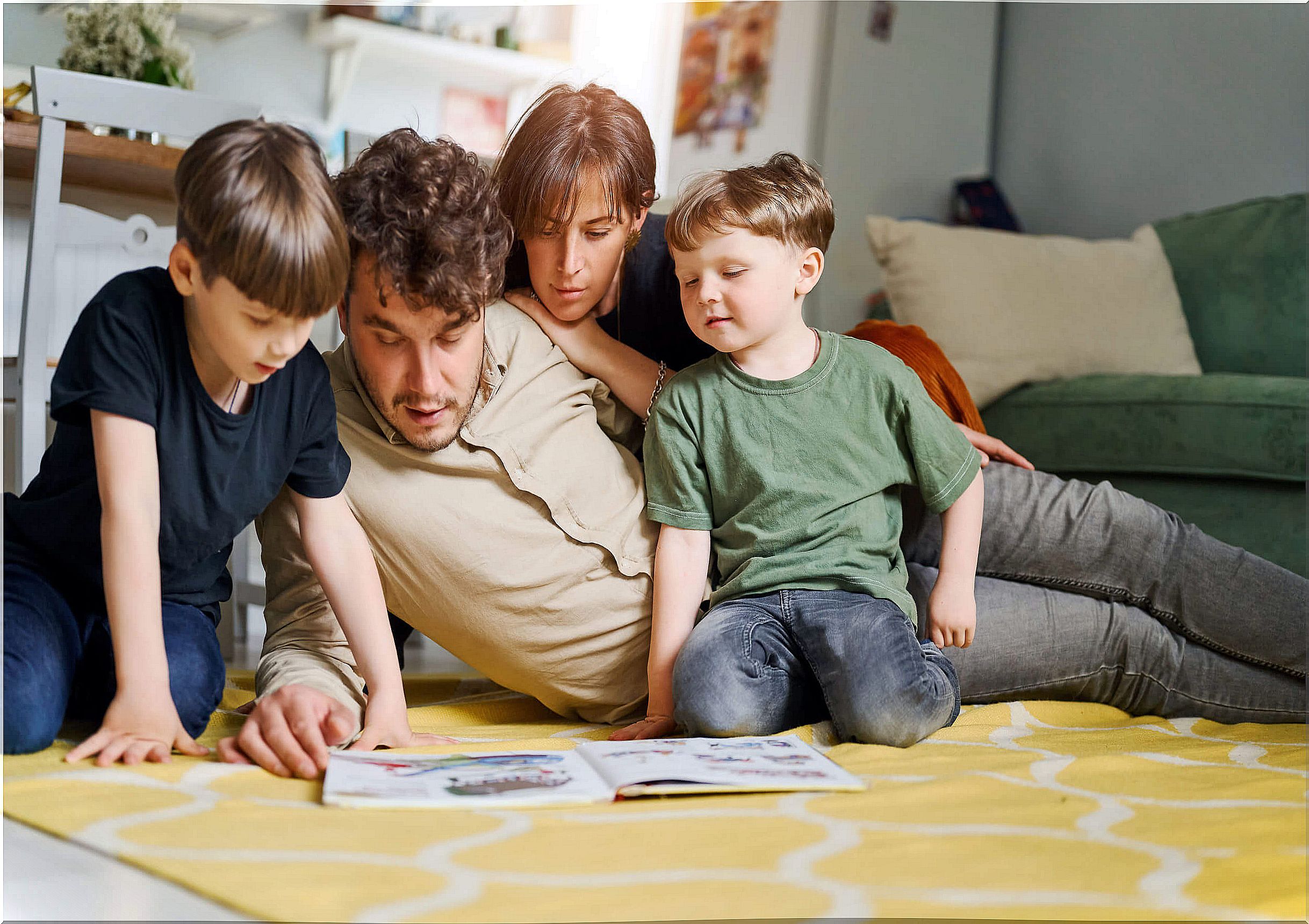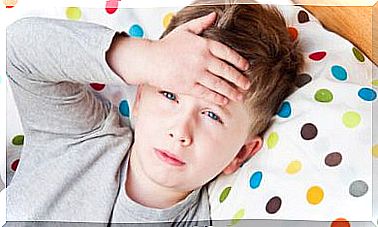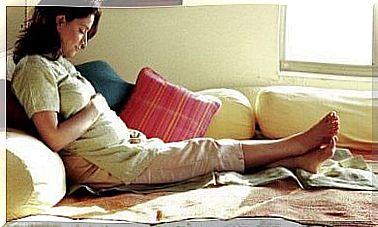How Do Parenting Styles Affect Children’s Strengths?

Generally, psychology has been focused on identifying and treating the conflicting and problematic aspects of people. However, the rise of positive psychology focuses on the resources, qualities and advantages that an individual can count on to achieve happiness and fulfillment. These characteristics are forged during childhood and are enhanced during adolescence; So how do parenting styles affect children’s strengths?
Why are some children more optimistic, happier, and better able to cope with setbacks? Why do other minors experience negative emotions to a greater extent and are greatly affected by adversity? Beyond genetic influence, strengths are skills that can be worked on and developed. Thus, applying an appropriate educational style can be of great help in this regard.

What are strengths?
Personal strengths are all those virtues, skills or strengths that help us to feel full and satisfied with our life, to achieve goals and overcome adversity. Martin Seligman and Christopher Peterson were pioneers in identifying and classifying these positive personality traits. And, based on this work, it has been studied how to develop or enhance them in order to improve people’s quality of life.
Various investigations have been carried out on how parenting styles affect different strengths. But, among the most relevant are the following :
- Optimism. It is the tendency to perceive and identify the most favorable of each situation and maintain positive expectations regarding the future.
- Resiliency. It is the ability to face adversity and emerge strengthened and enriched from it. That is, to be able to acquire new learning and perspectives from these negative experiences.
- Welfare. It refers to the subjective feeling of satisfaction that a person has with his own life.
- Coping. It is the ability to manage your own emotions and take appropriate actions to solve problems or setbacks.
The different parenting styles
On the other hand, parental styles refer to the different educational dynamics that are established in the home based on the level of affection, demand and control exercised by the parents. Thus, four main parenting styles are distinguished:
- Democratic or inductive. Parents are sensitive to the needs of their children. They are caring and loving, but at the same time apply clear and appropriate boundaries.
- Authoritarian. Children’s voices are rarely heard or taken into account. There is a high level of demand and displays of affection are rare. Likewise, communication between parents and children is minimal.
- Permissive or lenient. In this case, there are high levels of affection and communication between parents and children; however, there is little control and low demand. Appropriate limits are not set.
- Negligent. Both affection and control are minimal. These types of parents are not actively involved in parenting and tend to neglect their children physically and emotionally.
How do parenting styles affect children’s strengths?
Research shows that the inductive parenting style is the one that most favors the development of strengths in children. Children raised in democratic homes are happier, more positive, and able to successfully overcome adversity. In addition, they manage to emerge stronger from the negative situations that arise in their life.

However, this has some nuances. For example, the presence of an authoritarian mother seems to be more negative than if it is the father who exercises this type of education. In addition, the negligent style can favor the coping capacities of the children, since they are forced to take on responsibilities at a very young age. On the other hand, when the democratic style is overprotective, some of the strengths are hampered.
In any case, the inductive style is shown to be the most suitable for developing these valuable capacities in children. Affection, sensitivity to their needs, and the existence of appropriate limits seem to be the essential ingredients.
In asking how parenting styles affect children’s strengths, we must consider their long-term reach. That is to say, these positive qualities of character will not only favor them during childhood and youth ; In addition, they will be a valuable resource throughout their adulthood. Therefore, implementing an inductive parenting style will greatly enhance the happiness and success of the children.










